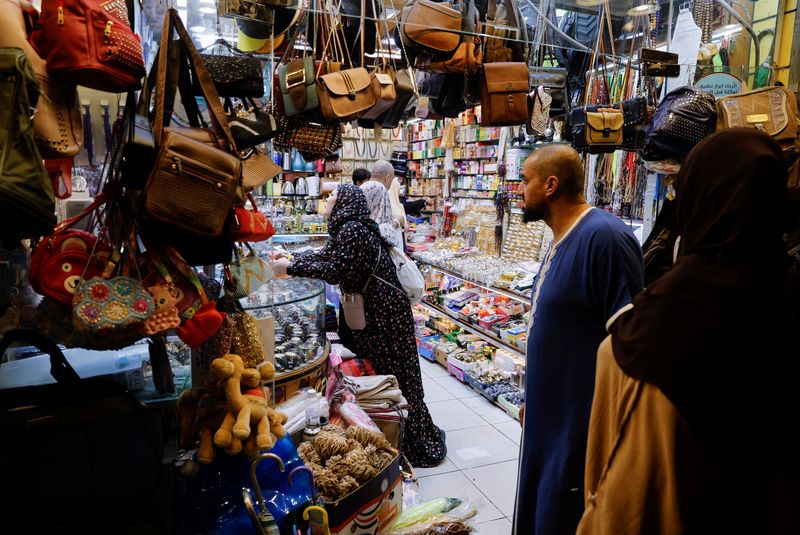
RIYADH (Reuters) – Saudi Arabia’s annual inflation rate continued to slowly accelerate, reaching 2 percent in November compared to 1.9 percent in October, government data released on Sunday showed, again driven by an increase in housing rents.
The General Authority for Statistics said that housing rents rose by 10.8% during the month of November, with apartment rental prices rising by 12.5%, which led to an increase in the prices of the housing category, water, electricity, gas and other types of fuel combined by 9.1%.
These categories had a significant impact on the overall acceleration of inflation, as the rising cost of housing and rent led to price increases for most of this year.
Prices in the food and beverage category rose 0.3% in November, while prices for personal goods and services rose 2.7%.
Prices in the restaurants and hotels category increased by 1.5%, driven by an increase in the prices of hotel services and furnished apartments by 5.9%.
Transport prices continued to decline by 2.5%.
On a monthly basis, prices rose 0.3% in November.

The inflation rate in Saudi Arabia ranged between 1.5% and 1.9% for most of the year, and reached 2% in November after starting to rise in July.
Inflation in the country has remained relatively low compared to global levels, and the International Monetary Fund expects Saudi inflation to remain stable at about 2% in the medium term.








